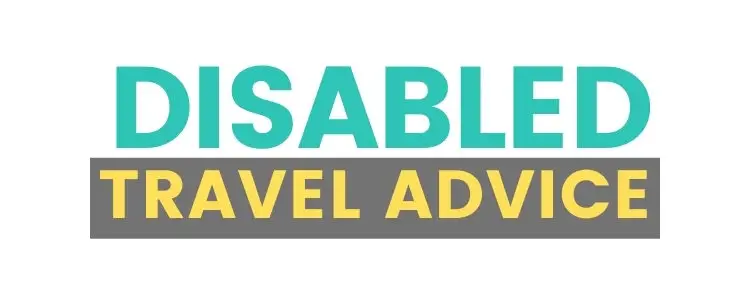Travelling by sea, be it by ferry or ship, can often be difficult for those who are disabled, but newer, more modern boats are beginning to make journeys more accessible.
Ferry companies and cruise operators will often insist that a disabled passenger be accompanied by an able bodied companion for the journey, depending on the nature and extent of the disability. One reason for this is that in the event of rough seas, a disabled passenger may encounter difficulties. If you are planning to take the journey alone you should discuss this possibility with the company first.
Some cruise companies may ask that you are medically fit to travel, and provide proof of this, before travelling. It is vital that you confirm any requirements that the ferry or cruise company may have before booking your trip.
Some ferry companies may offer you a discount if you are a driver and planning to take your car with you. To take advantage of this you may have to be a member of Mobilise. More information can be found at www.mobilise.info
On most cruises disabled cabins are available, but it is advisable to book these early as there are only a limited number of cabins suitable for disabled travellers. Some of these cabins for the disabled will have bunk beds and it is normally expected that the disabled passenger will take the lower bunk, with their companion taking the top bunk.
Many doors onboard the ship or ferry will have sills, due to the vessel’s water tight construction. It is worth considering if this will cause you problems once onboard the ship. Cabins for the disabled, especially on more modern ships, are usually placed with better access to all public areas and lifts. They are designed with wider doorways, hand bars, low level controls, low door peep holes and specially designed spacious bathrooms. It is worth checking that balcony suites have ramps onto the verandah, that outside decks can be reached without assistance and that lifts are wide enough for your wheelchair.
Try and give the cruise company you are travelling with as much notice as possible of your disability. They may ask that you book through their reservation centre in order that any requirements that you may have can be noted on your booking, which will avoid any confusion later on. For this reason it is very important that you are frank about your disability and any special needs you may have. Also some of the company’s fleet of ships may be more disabled friendly than others.
At The Port
You may be requested to arrive approximately one hour before your time of departure, although this does not mean you will automatically board earlier than other cruise passengers. The main reason for the request is so that the loading crew are able to spend time evaluating your needs. When onboard the cruise staff will usually offer assistance where it is feasible, but will not be able to assign a member of staff to look after you personally.
Port accessibility will vary from location to location but the only real difficulty you should encounter is if the port is too small or too shallow for the ship to dock. In such cases you will have to transfer from the ship to the dockside by tender. A lot of these smaller boats are now able to convey wheelchairs, but you are advised to confirm this beforehand. Also, try and get confirmation regarding the suitability for disabled travellers of the on shore tours.
If you are considering taking an assistance dog on a cruise you must inform the cruise company and ensure your dog complies with the Pet Travel Scheme. You will also be responsible for clearing up after your dog. However, you may not be allowed to take your dog ashore in may foreign countries, so it is essential that you check this before travelling along with any vaccinations that may be required for your dog. On board cruise ships Braille facilities are fairly standard, with lift buttons, deck numbers and cabin numbers in Braille. You should also be able to request a menu in Braille.
For deaf and hearing impaired passengers many cruises have a special equipment such as lights that indicate someone has knocked the cabin door or that the smoke alarm has been activated, along with a telephone amplifier.

